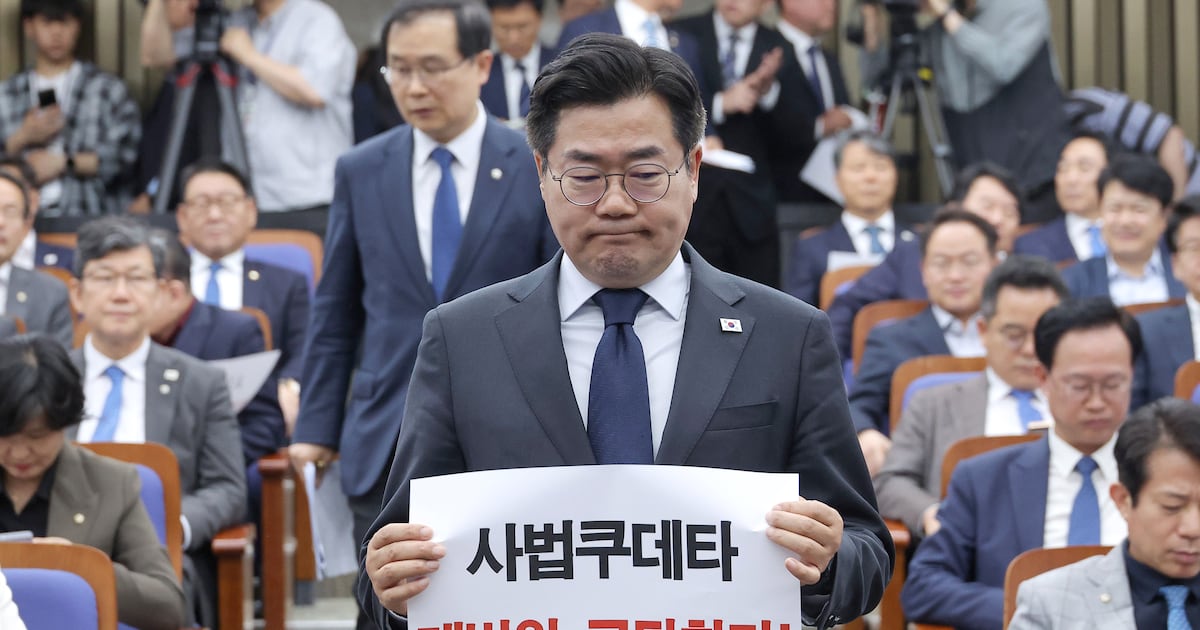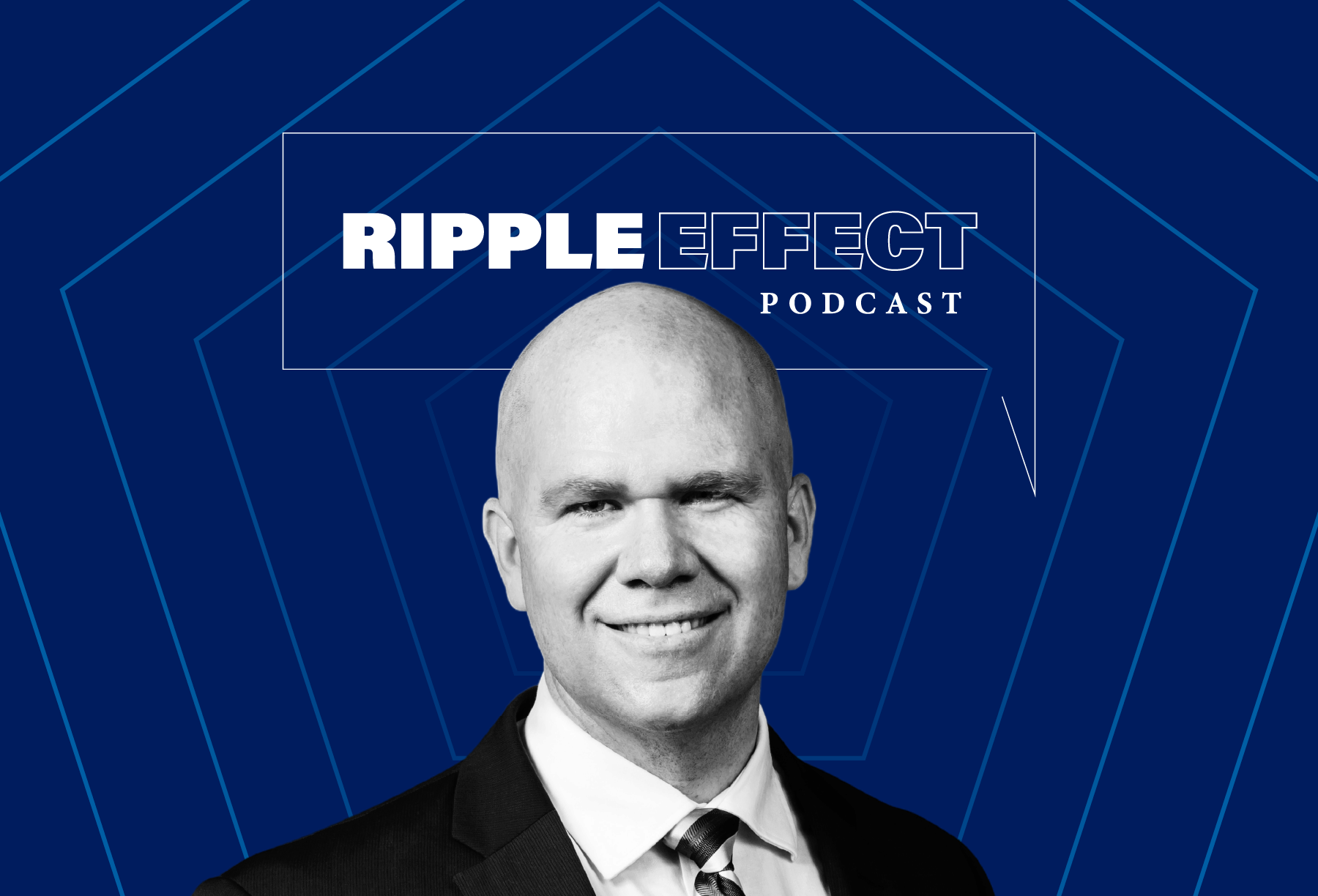In a dramatic turn of events, South Korea finds itself in a political whirlwind with significant implications for its financial landscape. Just over an hour after the Supreme Court reignited a high-profile election case against opposition leader Lee Jae-myung, the political arena witnessed a series of confrontations and resignations, casting a shadow over the country’s economic stability.
The dramatic unfolding began with lawmakers from the opposition Democratic Party (DPK) staging a vehement protest in Parliament. They decried what they perceived as judicial overreach and swiftly moved to impeach two of the nation’s top officials. This political unrest is not just a matter of governance but holds potential repercussions for the financial sector.
Finance Minister Choi Sang-mok, a pivotal figure in the nation’s economic management, abruptly resigned during a crucial budget session at the National Assembly on May 1. This resignation, coinciding with the DPK’s impeachment motion, is a stark indicator of the political tensions that are beginning to seep into financial governance.
A separate impeachment motion against Prosecutor General Shim Woo-jung marks the 31st such attempt under the former administration, highlighting the persistent political instability. The Supreme Court’s decision to send Lee’s election law case back for potential conviction has invigorated hard-liners within the DPK, deepening their narrative of political persecution.
DPK floor leader Park Chan-dae was vocal in his criticism, denouncing the court’s decision and linking it to the resignation of Prime Minister Han Duck-soo, who stepped down an hour after the ruling.
The day culminated with the DPK introducing impeachment motions to legislative committees and calling for an emergency plenary session to vote on Choi’s dismissal. Despite objections from ruling party lawmakers, the finance minister’s impeachment motion passed through committee with support from minor opposition allies. However, before a full vote could be completed, Choi formally submitted his resignation to acting president Han, who accepted it, halting the process midway.
Assembly Speaker Woo Won-shik declared that without a valid target, the impeachment could not proceed, effectively closing the session. Despite this, the DPK remains undeterred, pressing ahead with its campaign against Prosecutor General Shim. The motion has been referred to the Judiciary Committee and may be voted on as early as May 2.
Amidst these upheavals, the DPK plans to stage a protest in front of the Supreme Court, emphasizing their dissatisfaction with the judicial process. The Supreme Court’s decision to revisit Lee’s case is a significant blow to his political aspirations, especially with the presidential election looming on June 3. Lee, who currently leads the polls, faces allegations of misrepresenting facts during a televised debate in 2021.
In a closed-door meeting following the court’s decision, DPK lawmakers reportedly described the ruling as a declaration of war, calling for immediate action. Party spokesperson Cho Seung-lae criticized the trial as rushed and politicized, while lawmaker Kim Min-seok accused Chief Justice Cho Hee-dae and the acting president of coordinated interference.
Some DPK figures have used more incendiary language. Representative Kim Byung-kee warned online of what he perceives as a judiciary attempting to seize power from both legislative and executive branches. His message, though later edited, hinted at potential political retribution should the DPK regain power.
Lee Jae-myung, visibly tense upon learning of the verdict via mobile phone, expressed his surprise and emphasized that the law should reflect public consensus, underscoring the importance of the people’s will.
Despite the legal uncertainty, Lee continues his campaign, making scheduled appearances in Pocheon and Yeoncheon, dismissing the ruling as a temporary hiccup.
Choi’s resignation leaves the Cabinet with only 14 members, below the constitutional minimum of 15 required for State Council meetings. However, the government assures that the council’s legal functions remain intact with the presence of the president and prime minister.
Note: This article is inspired by content from https://www.chosun.com/english/national-en/2025/05/02/WWBXV2K67VAWZOMWF646T3L3QE/. It has been rephrased for originality. Images are credited to the original source.







